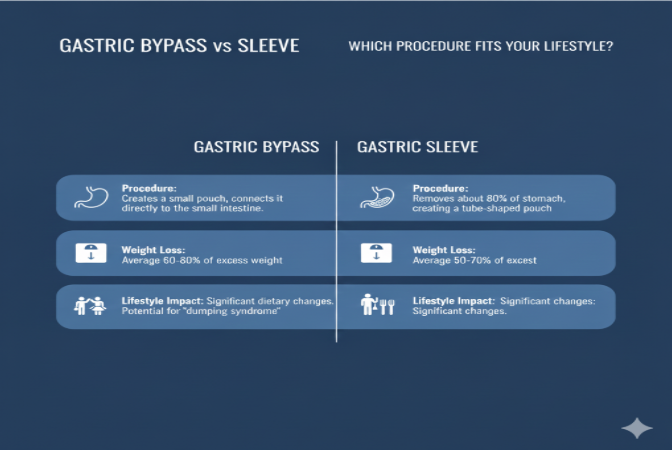Introduction
Sciatic nerve pain often referred to as sciatica, can be an excruciating and debilitating condition. It occurs when the sciatic nerve, which is the longest nerve in the body, becomes irritated or compressed. In this comprehensive guide, we will explore the causes, symptoms, and effective treatments for sciatic nerve pain.
What is the Sciatic Nerve?
Before delving into the specifics of sciatic nerve pain, it's crucial to understand the sciatic nerve itself. The sciatic nerve originates in the lower back and extends down through the buttocks and into the legs. It plays a vital role in connecting the spinal cord with the leg and foot muscles, enabling them to function correctly.
What Causes Sciatic Nerve Pain?
Sciatic nerve pain can occur due to various factors, including:
1. Herniated Discs
One of the primary causes of sciatica is herniated or slipped discs. When the soft, gel-like center of a spinal disc protrudes through its tough exterior, it can press against the sciatic nerve, causing pain.
2. Spinal Stenosis
Spinal stenosis is the narrowing of the spinal canal, which can put pressure on the sciatic nerve roots. This condition is often associated with aging.
3. Piriformis Syndrome
The piriformis muscle, located in the buttocks, can sometimes irritate or compress the sciatic nerve, leading to pain and discomfort.
4. Trauma or Injury
Accidents or injuries to the lower back can damage the sciatic nerve, resulting in pain that radiates down the leg.
Recognizing the Symptoms
Identifying sciatic nerve pain is crucial for timely treatment. Common symptoms include:
1. Radiating Pain
Pain that originates in the lower back or buttocks and radiates down the leg is a hallmark symptom of sciatica.
2. Numbness and Tingling
Many individuals with sciatica experience numbness, tingling, or a pins-and-needles sensation in the leg.
3. Muscle Weakness
Weakness in the leg or foot muscles can occur due to nerve compression.
Treatment Options
When it comes to alleviating sciatic nerve pain, several approaches can be effective:
1. Physical Therapy
Physical therapy exercises and stretches can help improve flexibility and reduce pain.
2. Medications
Over-the-counter pain relievers or prescription medications may be recommended to manage pain and inflammation.
3. Epidural Steroid Injections
In some cases, epidural steroid injections can provide temporary relief from severe sciatic pain.
4. Surgery
For severe cases where conservative treatments are ineffective, surgery may be necessary to alleviate pressure on the sciatic nerve.
Preventing Sciatic Nerve Pain
While some causes of sciatica are beyond our control, certain lifestyle changes can reduce the risk of developing this painful condition:
1. Maintain Good Posture
Proper posture while sitting and standing can help reduce the risk of spinal problems that lead to sciatica.
2. Regular Exercise
Engaging in regular physical activity can strengthen the back and core muscles, providing better support for the spine.
3. Lift Properly
When lifting heavy objects, always bend at the knees and keep your back straight to avoid unnecessary strain on the lower back.
4. Manage Weight
Excess weight can put added stress on the spine, increasing the risk of sciatic nerve pain.
Conclusion
Sciatic nerve pain can be incredibly uncomfortable and disruptive to daily life. However, with the right approach to treatment and prevention, it's possible to find relief and regain mobility. If you or someone you know is suffering from sciatica, don't hesitate to seek medical advice and explore the various treatment options available.
FAQs
1. Is sciatic nerve pain a long-term condition?
Sciatic nerve pain can be acute or chronic, depending on the underlying cause. Acute cases may resolve with conservative treatment, while chronic cases may require ongoing management.
2. Can sciatic nerve pain be prevented through exercise alone?
Regular exercise is an essential component of prevention, but it should be combined with other lifestyle changes such as maintaining a healthy weight and practicing good posture.
3. Are there any alternative therapies for treating sciatica?
Some individuals find relief from sciatic pain through alternative therapies like acupuncture, chiropractic care, and yoga. It's important to discuss these options with a healthcare professional.
4. What should I do if my sciatic pain worsens despite treatment?
If your symptoms worsen or do not improve with conservative treatments, consult with a specialist who can explore advanced treatment options, including surgery.
5. Can pregnancy cause sciatic nerve pain?
Yes, the pressure exerted on the sciatic nerve during pregnancy can lead to sciatica. Pregnant individuals experiencing severe pain should seek medical advice for appropriate management.

 Catherine Sewell
Catherine Sewell









